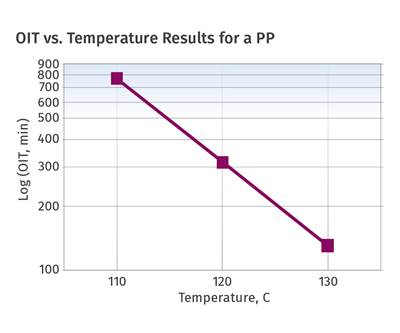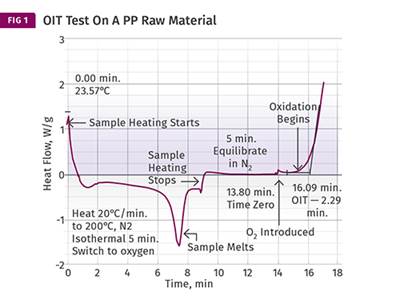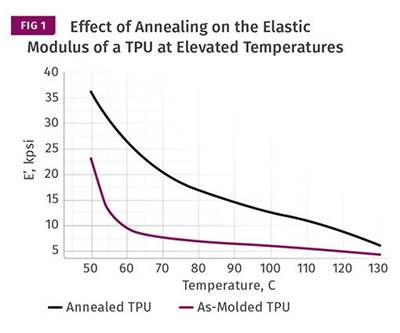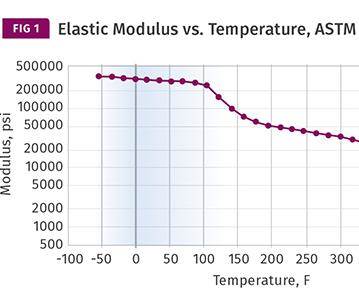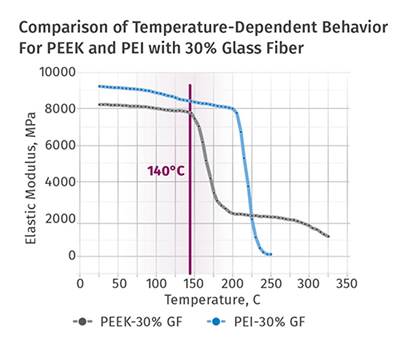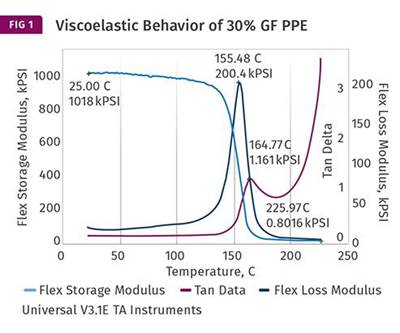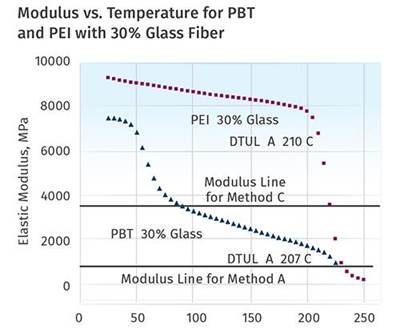Materials Know How
Finding Root Causes of a Material Problem
Tools and methods for determining oxidative stability can be useful, but even more useful if constructed to yield the information you really need.
Read MoreThe Importance of Oxidative Stability in Polyolefins, Part 3
Tools and methods for determining oxidative stability can be useful, but even more useful if constructed to yield the information you really need.
Read MoreThe Importance of Oxidative Stability In Polyolefins, Part 2
The DSC test can do a reasonably good job of capturing the comparative behavior of materials that use similar antioxidant chemistries.
Read MoreMATERIALS: The Importance of Oxidative Stability in Polyolefins
Because oxidation is a process that causes materials to deteriorate over time, its effects or potential for those effects are not always apparent when new products are tested.
Read MoreMATERIALS: Thermoplastic Urethanes: Why Annealing Makes a Big Difference
Under the right conditions, annealing can drive TPU performance to a greater level than can be achieved at room temperature.
Read MoreMATERIALS: The Problems with Single-Point Data
It’s time for material suppliers to take a fresh approach to providing data. Thankfully, things are starting to move in that direction. Part 12 of 12.
Read MoreMATERIALS:The Problems with Single-Point Data
This real-world scenario explains why molders and their customers need to ‘think in terms of graphs’ and gather as much data as possible before selecting a material for an application. Part 11.
Read MoreMATERIALS: The Problems with Single-Point Data: Part 10
You can predict creep performance of a material over time at a particular temperature by examining how its modulus changes over a range of temperatures.
Read MoreMATERIALS: The Problems with Single-Point Data: Part 9
Time—and not just temperature—governs the behavior of materials under load. Both must be considered when evaluating a polymer for an application.
Read MoreMATERIALS: The Problems with Single-Point Data, Part 8
DTUL tests may have made sense in the 1940s and 1950s, before the advent of dynamic mechanical analysis. But designers and engineers today need better tools.
Read More
